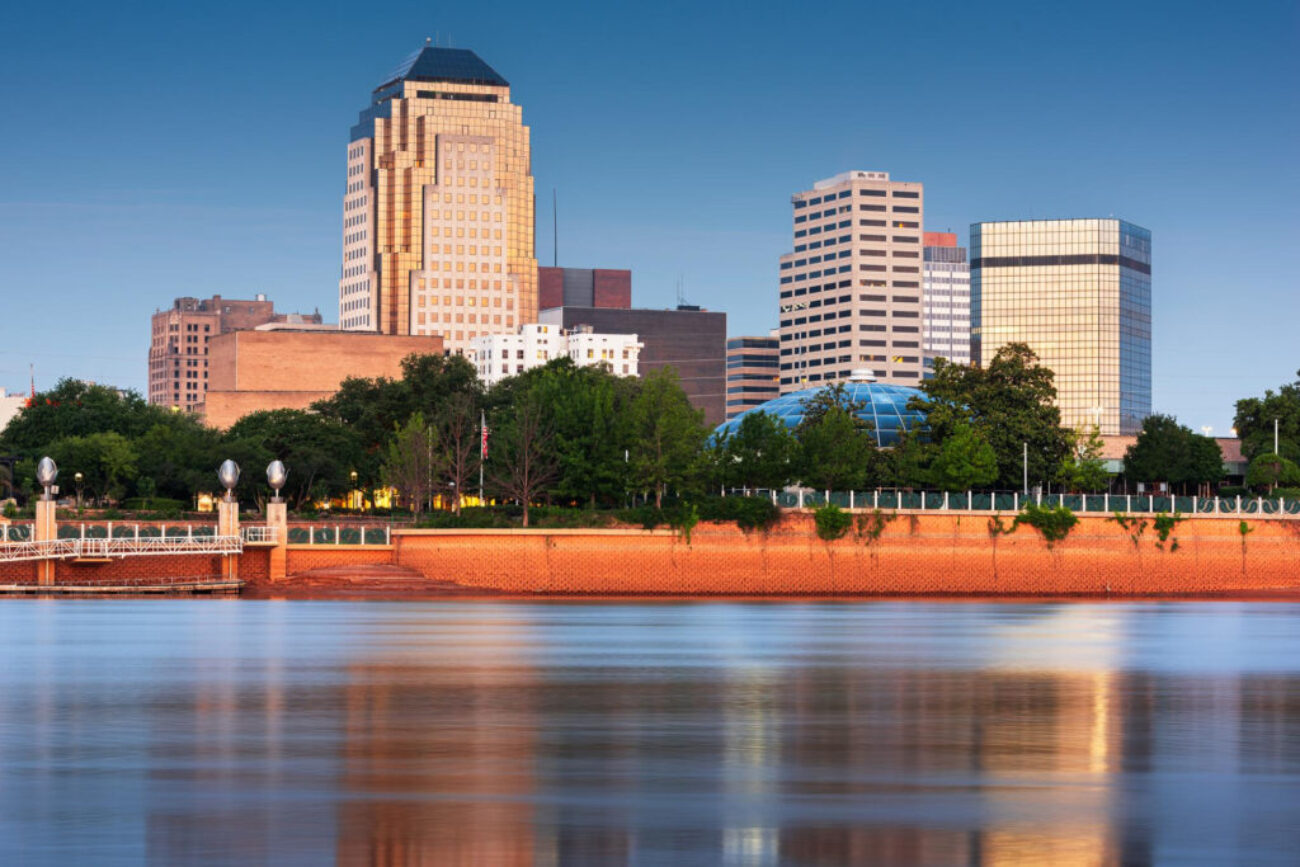Pool Service Jacksonville – Exploring Jacksonville’s Infrastructure: Roading Systems, Congestion Challenges, and the Role of Community Pools
Jacksonville, Florida, is a sprawling city with a complex infrastructure that includes an extensive roading system, congestion challenges, and a unique relationship between its residential and community pools. Here's a detailed look into each aspect:
Roading System
-
Highways and Major Roads:
- Interstate Highways: Jacksonville is served by three major interstate highways: I-10, I-95, and I-295. I-10 runs east-west, connecting Jacksonville to the western parts of the state and beyond. I-95 runs north-south, connecting the city to other major cities along the East Coast. I-295 forms a beltway around the city, providing an alternative route to bypass the downtown area.
- US Highways: US 1, US 17, and US 23 are major U.S. highways that run through Jacksonville, facilitating regional connectivity.
- State Roads: Numerous state roads, such as SR 202 (J. Turner Butler Boulevard), SR 21 (Blanding Boulevard), and SR 13 (San Jose Boulevard), serve as critical arteries within the city.
-
Bridges:
- Jacksonville is known for its numerous bridges spanning the St. Johns River, including the Acosta Bridge, Main Street Bridge, Hart Bridge, and Dames Point Bridge. These are vital for intra-city connectivity.
-
Public Transit:
- The Jacksonville Transportation Authority (JTA) operates buses, the Skyway automated people mover, and paratransit services. However, public transit usage is relatively low compared to other major cities.
Congestion Challenges
-
Traffic Congestion:
- Congestion is a significant issue, particularly during rush hours. Key bottlenecks include the intersections and interchanges around downtown and major employment hubs. The mix of local and through traffic exacerbates the problem.
-
Growth and Sprawl:
- Jacksonville's expansive geographical area contributes to sprawl, leading to longer commutes and increased reliance on personal vehicles. The city’s growth patterns have often outpaced infrastructure development, causing traffic congestion on roads not originally designed for such heavy use.
-
Infrastructure Improvements:
- The city has undertaken several initiatives to mitigate congestion, such as road widening projects, intersection improvements, and the addition of intelligent transportation systems (ITS) for better traffic management.
Residential and Community Pools
-
Residential Pools:
- Many residential communities in Jacksonville feature private pools, which are a significant amenity in the warm climate of Florida. These pools are often seen as a symbol of status and a crucial aspect of the lifestyle in suburban neighborhoods.
-
Community Pools:
- In addition to private pools, many neighborhoods and housing developments include community pools. These serve as communal gathering spots, offering recreational and social benefits.
- Community pools also play a role in urban planning by providing centralized recreational spaces, which can reduce the need for individual homeowners to install private pools, thus impacting residential infrastructure and water usage.
-
Infrastructure Relationship:
- The existence of numerous residential and community pools places a demand on the city's water supply and sanitation systems. Proper planning and maintenance of these amenities are crucial to avoid overloading the city's infrastructure.
- The location and density of these pools can influence real estate development patterns. Areas with well-maintained community pools may attract more residents, leading to increased traffic and potential congestion in those neighborhoods.
- Community pools also necessitate the development of adequate road access and parking facilities, impacting the overall roading system in residential areas.
Integrated Approach to Infrastructure
-
Planning and Coordination:
- Jacksonville’s city planners must coordinate infrastructure projects to balance residential needs, including pool facilities, with broader transportation goals. This involves strategic zoning, development regulations, and investment in public amenities.
- Initiatives to promote alternative transportation modes, like cycling and walking, particularly around community pools and recreational areas, can alleviate some traffic congestion.
-
Sustainability Efforts:
- Sustainable practices in pool maintenance, such as water conservation measures and eco-friendly technologies, can help mitigate the environmental impact. Encouraging community pool use over individual residential pools can also lead to more efficient resource use.
In summary, Jacksonville's infrastructure, particularly its roading system and congestion challenges, is closely intertwined with the development and maintenance of residential and community pools. Effective urban planning and strategic investments are essential to ensure that the city's growth is sustainable and its residents enjoy a high quality of life.



